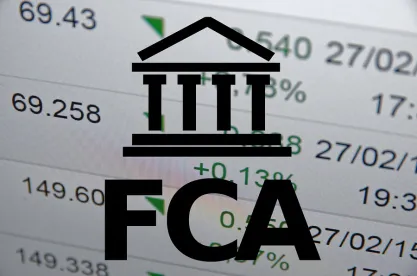FCA Webpage on Climate Change and Sustainable Finance
On April 23, the Financial Conduct Authority (FCA) published a new webpage on its strategic approach to climate change and sustainable finance.
The FCA explains it will continue to broaden and deepen its sustainable finance strategy, which is based on the themes of transparency, trust, and tools, as set out in its previous feedback statement (FS19/6).
The webpage highlights:
-
the work of the Task Force on Climate-related Financial Disclosures and a new webpage on climate-related reporting requirements;
-
the Climate Financial Risk Forum which has published a number of guides, covering topics such as disclosure, scenario analysis, risk management and innovation;
-
the FCA’s ongoing work on investor stewardship issues through numerous publications and its work with the Financial Reporting Council; and
-
the FCA’s international work on regulatory initiatives to collaborate and share experiences, such as the Sustainable Finance Taskforce under the International Organization of Securities Commissions.
This publication follows the Chancellor’s March 2021 remit letter to the FCA about how the FCA should consider the government’s commitment to achieve a net zero economy by 2050 in its work.
FCA webpage on climate change and sustainable finance
FCA webpage on climate-related reporting requirements
FCA Consults on Changes to Conduct and Organizational Rules Under UK MiFID
On April 28, the Financial Conduct Authority (FCA) launched a consultation paper (CP21/9), alongside HM Treasury, on changes to the conduct and organizational rules in the UK Markets in Financial Instruments Directive (MiFID II): research and best execution reporting.
The consultation proposes to:
-
change the inducements rules on research to broaden the list of permitted minor non-monetary benefits to include investment research on small and medium-sized enterprises with a market cap below £200m and fixed income, currencies and commodities research, so that they would not be subject to the inducements rules;
-
change how the inducements rules apply to openly available research and research provided by independent research providers; and
-
delete the rules imposing obligations on execution venues and investment firms to make RTS 27 and RTS 28 best execution reports.
The proposals on research rules apply to one of the most controversial parts of the MiFID II overhaul of securities regulations. The UK, which has a vast number of asset-management firms affected by the rules, was a strong supporter of unbundling when the MiFID II research rules and inducements rules were originally drafted before Brexit.
The consultation closes on June 23.






 />i
/>i

